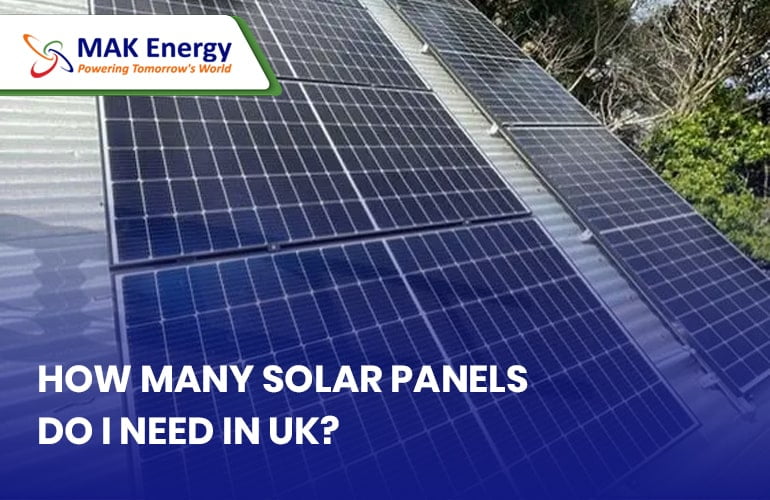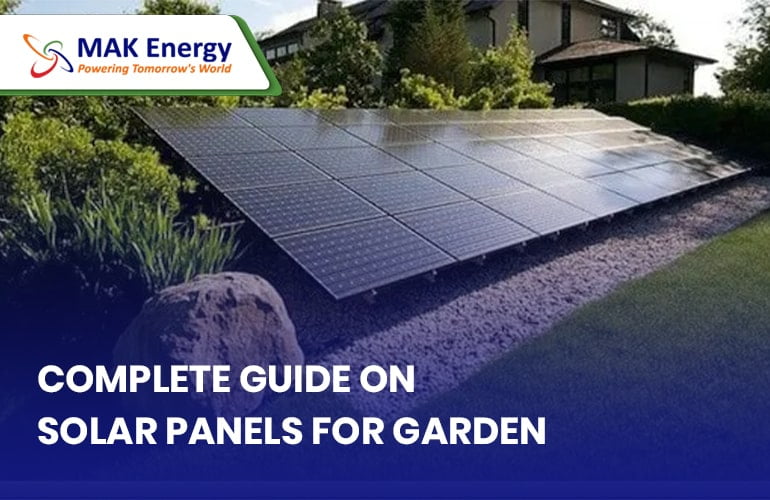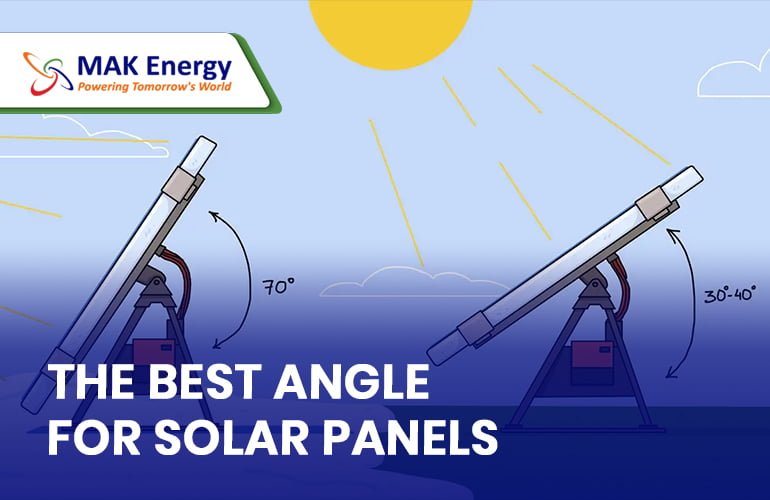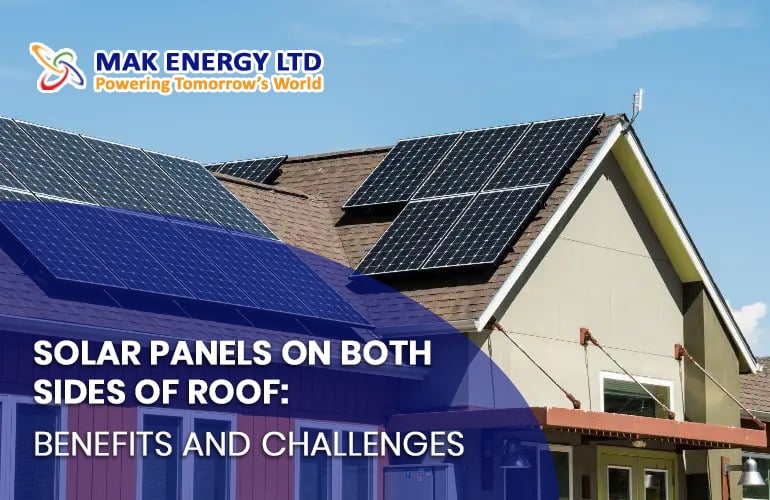Last updated: September 1st, 2023 at 07:02 am
Guide To Sizing Up Your Solar Energy Installation
Every individual has unique electricity usage, distinct roof space, and varying sunlight hours. On average, a UK household with 2-3 occupants consumes around 2900 kWh annually. For such families, a 3-kW solar system suffices. Typically, a 3 kW solar system comprises approximately 12 solar panels, each with a capacity of 250 watts. However, the number of panels may increase if you choose smaller panels or have higher energy usage; the larger the system, the more solar panels are required.
Numerous factors influence the question of How many solar panels do I need? In this blog, we’ll shed light on how many solar panels do I need, the best solar system for your requirements, and the various factors affecting the required panels for your desired system.
- Guide To Sizing Up Your Solar Energy Installation
- Factors That Can Affect the Number of Required Solar Panels
- Formula to Calculate the Number of Solar Panels
- What is the Average Number of Solar Panels in A UK Home?
- How Do I Calculate the Right Solar Array Size?
- The Required Individual Solar Panel Size
- What Type of Solar Panel Should I install?
- Monocrystalline
- Polycrystalline
- What is the cost of Solar Panels?
- Do I need Solar Battery Storage System?
- How Do I Find the Right Installer?
- Summary – How Many Solar Panels Do I Need?
If you’re considering installing a solar PV system for your home or business but are unsure where to start or what solar system size you need, MAK Energy is here to assist. We begin by establishing client trust, ensuring transparency at every step of the solar PV system process. Feel free to complete our quotation form to access a free online survey and consultation with our professional team.
Factors That Can Affect the Number of Required Solar Panels
The number of solar panels you need for your home or business depends on various factors, including your energy consumption, the number of sunlight hours your roof receives, and the size of your roof. Not every individual has the same energy usage, nor does their roof receive the same amount of sunlight or offer the same amount of space. Factors like location, sunlight exposure, and your desired energy output play a significant role in deciding, “How many solar panels do I need?” Let’s examine each factor to see how they can influence the required number of panels.
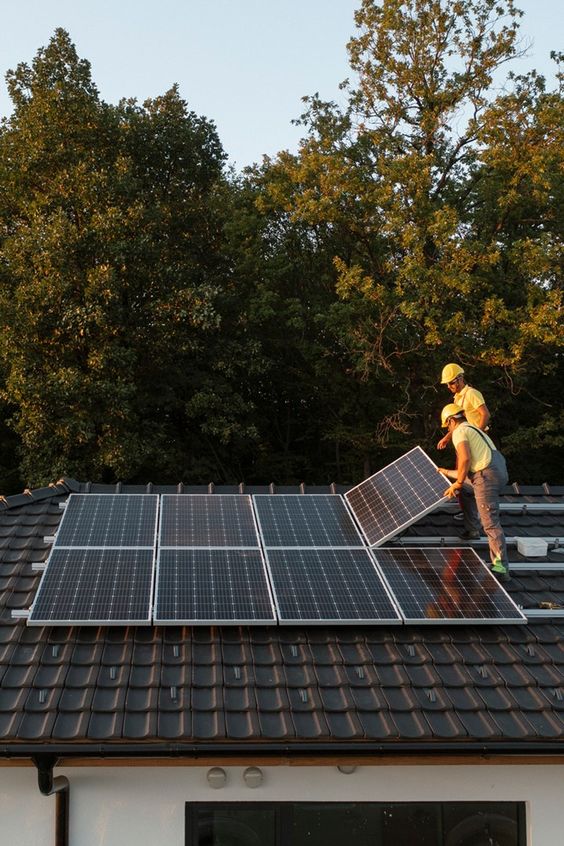
Your average daily Energy Consumption
Your average energy consumption plays a pivotal role in determining the required number of panels for your home. And It’s essential to evaluate your energy needs to determine precisely, “How many solar panels do I need?” for an effective solar setup. If your energy consumption is higher, the number of panels needed will correspondingly increase. Another crucial factor is the total kilowatt-hours you currently use or anticipate using in the future.
The amount of Sunlight Your Roof Receive
As the panel generate electricity by absorbing the sun power, so the production is dependent on the number of sun hours your area has, therefore, the number of panels affected by the location you live.
Your Roof Space
If you possess ample roof space, you can opt for a higher number of panels with lower capacities. Conversely, those with limited roof space will need to install larger solar panels. In essence, the available roof space significantly impacts the number of panels required.
Here in the given below table you can find out how much roof space and how many solar panels will you need for your home.
| Solar System Size | Number of Panels | Size of Each Panel (Watts) | Total Required Wattage | Total Required Area (Square Meters) |
| 3kW | 12 | 250 | 3000 | 20 |
| 4kW | 16 | 250 | 4000 | 26 |
| 5kW | 20 | 250 | 5000 | 32 |
| 6kW | 24 | 250 | 6000 | 39 |
Formula to Calculate the Number of Solar Panels
To calculate how many 205-watt solar panels you need for a 4 kW solar system, you can use the following formula:
Number of Solar Panels = Total System Size (kW) / Solar Panel (wattage)
In this case:
- Let’s suppose total System Size (kW) is 4 kW. 4kw could also be written as 4000 which we’ll be doing in the formula below.
- A single Solar panel (wattage) is 205W, which is one of the most widely used solar panel in the UK.
Now, you can calculate the number of panels you need:
Number of Solar Panels = 4000/ 205W solar panel ≈ 19.51 panels
Since you can’t have a fraction of a solar panel, round up to the nearest whole number. In this case, you would need approximately 20 of your 205-watt solar panels to create a 4 kW solar system. Please note that, you can use any wattage of solar panel and calculate in same way.
Keep in mind that this calculation assumes ideal conditions and doesn’t account for factors like shading, panel orientation, and system losses, which can affect the actual performance of your solar system. It’s a good idea to consult with a professional solar installer such as MAK Energy Ltd to ensure your system is properly designed and optimized for your specific location and needs.
What is the Average Number of Solar Panels in A UK Home?
Determining the number of required solar panels depends on the household size and annual energy consumption. On average, a home with 2-3 occupants consumes about 3000 kWh annually. For such households, a 3-kW solar system, necessitating around 12 solar panels, is sufficient. However, another factor that impacts this calculation, as previously discussed, is the available roof space.

A 4 kW solar system suits houses with 3-4 residents, while a 6 kW solar system is recommended for homes with over 5 occupants. A 5 kW solar system is ideal for a house hosting 4 occupants.
The required number of solar panels is contingent upon the chosen installation capacity. For a 3 kW installation, you’ll need 12 panels, each with a capacity of 250 watts. In a 6 kW solar system, the panel count rises to 24. It’s worth noting that these panel counts are flexible; opting for larger panel sizes reduces the overall number of panels required.
How Do I Calculate the Right Solar Array Size?
Calculation of the solar system size depends on the amount of energy you aim to generate, the sunlight hours your area receives, and your available roof space. To determine your daily energy consumption, refer to your electricity bill, which provides information about your daily energy usage.

Let’s illustrate this with an example: Suppose you consume 150 kWh of electricity monthly, resulting in a daily consumption of 5 kWh. Therefore, the required system should generate 5 kWh of electricity daily. Many individuals are curious about the sunlight hours in their regions. On average, the UK receives approximately 4 hours of sunlight daily.
The Required Individual Solar Panel Size
The electricity output of solar panels is contingent on their size and capacity. A 400-watt solar panel generates 400 watts per hour of sunlight, whereas a 250-watt panel yields 250 watts and a 300-watt panel produces 300 watts during the same duration. It’s crucial to ascertain your energy requirements before finalizing the solar panel size.

Referencing the previous example, for an individual consuming 5 kWh daily, the installation of 20 solar panels, each with a capacity of 250 watts, is necessary. Opting for larger panels reduces the panel count to 15.
In the case of installing 15 solar panels, an area of 23m² is requisite.
What Type of Solar Panel Should I install?
The choice of solar panels you should make depends on factors such as efficiency rate, price, available space, and the reliability of the panels. Some panels are more efficient and dependable than others, and this efficiency can impact the number of solar panels required for your system installation.
There are two primary types of solar panels that are extensively used: Monocrystalline and Polycrystalline. Let’s delve into the characteristics of each solar panel type.

Monocrystalline
The latest Monocrystalline models boast an efficiency rate of up to 25%, indicating their ability to convert as much as 25% of the received sunlight into electricity.
Monocrystalline solar panels find widespread use across all applications, whether domestic, commercial, or industrial, globally. Monocrystalline bifacial solar panels offer even greater efficiency due to their capacity to generate electricity from both sides of the panel. They are also space-efficient, producing more electricity than polycrystalline panels, thereby reducing the required panel count. While these panels are comparatively more expensive than other types, their reliability and extended lifespan render them an optimal choice for homeowners and businesses.
Polycrystalline
Polycrystalline solar panels generate more electricity compared to monocrystalline panels over the years, thanks to their high-temperature tolerance capacity. Additionally, they are more affordable than the latter. However, polycrystalline panels have a lower efficiency rate due to the impurity in their silicon material. This is why installers often don’t prioritize them as a first choice.
Opting for polycrystalline panels alters the answer to the question “how many solar panels do I need?” Their lower efficiency necessitates installing extra solar panels to meet your electricity requirements.
What is the cost of Solar Panels?
The cost of solar panels is determined by the size of the system installation and the type of panels chosen. Typically, a 3 kW solar system will incur a cost of approximately £5400 without batteries. However, if you intend to include batteries, the total cost for a 3 kW solar system with batteries will amount to nearly £9,000.
Do I need Solar Battery Storage System?
It all depends on your energy needs and interests. If you are a person who wants to rely less on grid electricity as well as reduce your energy bill, a solar battery storage system is the best option for you. However, if your energy usage occurs mainly during the daytime, it might not be beneficial to add solar batteries to your solar panels. Solar batteries can provide you with numerous benefits. They store excess generated electricity for later use, making you more energy independent and resulting in significantly lower electricity bills.
How Do I Find the Right Installer?
Solar panel installation requires a higher initial investment, making it essential to find the best solar panel installer for long-term benefits. And to accurately answer, “How many solar panels do I need?” consider getting a professional assessment from a solar installation company. You should choose an installer who can assist you from the initial stages of the process and ensure a smooth project execution. Additionally, it’s advisable to obtain multiple quotes from different installers to ensure you are receiving a fair price. Check customer reviews about the installer and their certifications, such as MCS-Certification.
If you have already decided to install solar panels and want to find out the exact answer to your question, “How many solar panels do I need?” MAK Energy is here to guide you through every stage. Obtain our no-obligation quote and a free online survey by simply filling out our quotation form.
Summary – How Many Solar Panels Do I Need?
How many solar panels do I need? is a question that is frequently heard from consumers due to confusion regarding energy consumption and the precise requirements of a solar system. Several factors influence this question, such as average energy consumption, required solar system size, available roof space, sunlight hours, and the type of solar panels chosen. However, for the average household in the UK, around 12 to 16 solar panels, each with a capacity of 250 watts, are generally required. The number of panels could increase if your energy consumption is higher. To make an informed decision about the number of panels, ask experts in the field, “How many solar panels do I need?” based on your unique circumstances.
We are affiliated with all major commercial banks, and our installations are carried out in compliance with your chosen bank’s policies and financing scheme.

